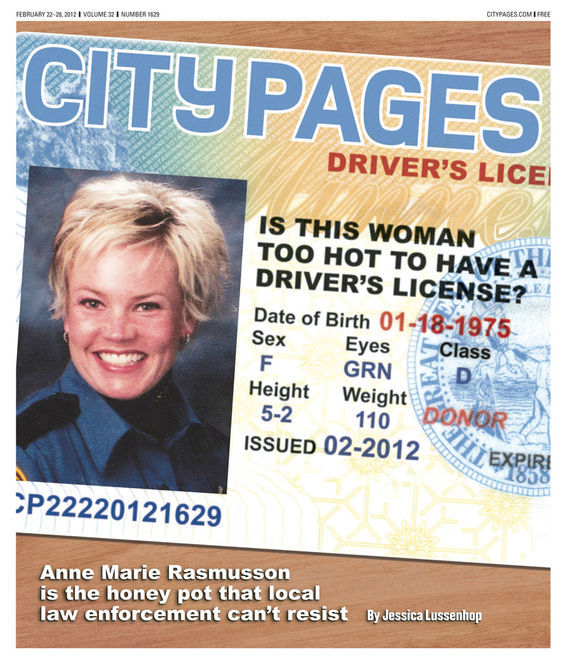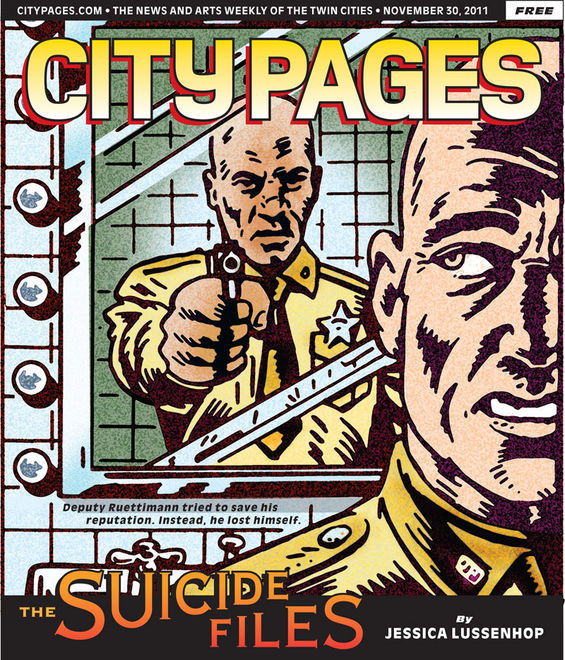"Fallen Angel" St. Louis Riverfront Times →
"Stewart listens attentively as Geraghty-Rathert explains her predicament once more. She is serving two concurrent life sentences for first-degree kidnapping: one without the possibility of parole in Iowa and one with parole in Missouri. Despite the fact that she told the police who arrested her in 1994 that she was beaten, and her life -- and that of her one-and-a-half-year-old child -- threatened if she did not participate in the crimes, she was charged the same as her much older, male co-defendants who orchestrated the kidnapping and murder of two elderly women. Neither the threats nor the violence against Stewart were used as a defense strategy by her attorneys. Now, she's trying to convince the governors of two states to grant her clemency, which is an executive power to pardon, lessen or change an inmate's prison sentence."










